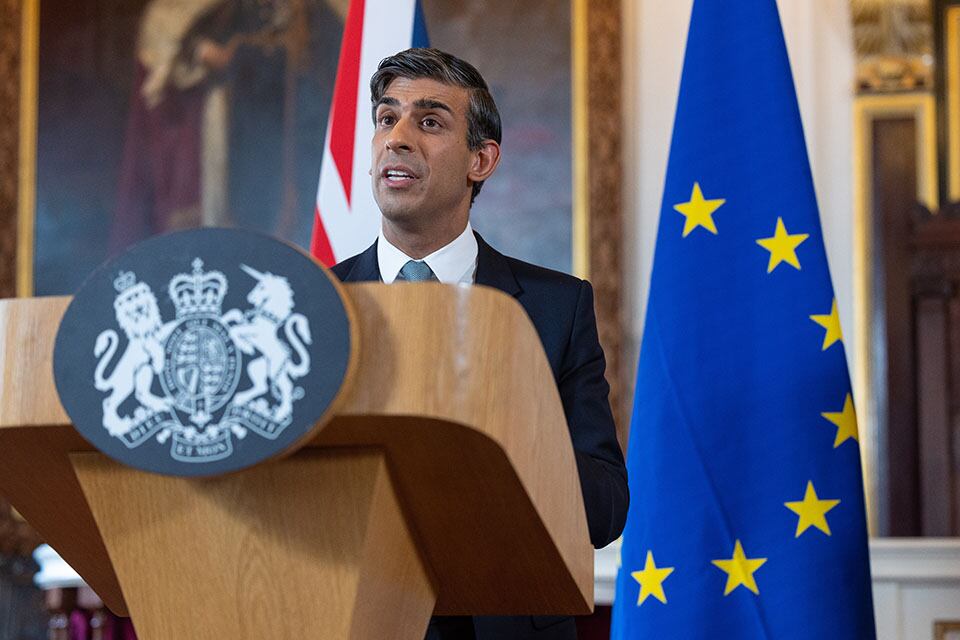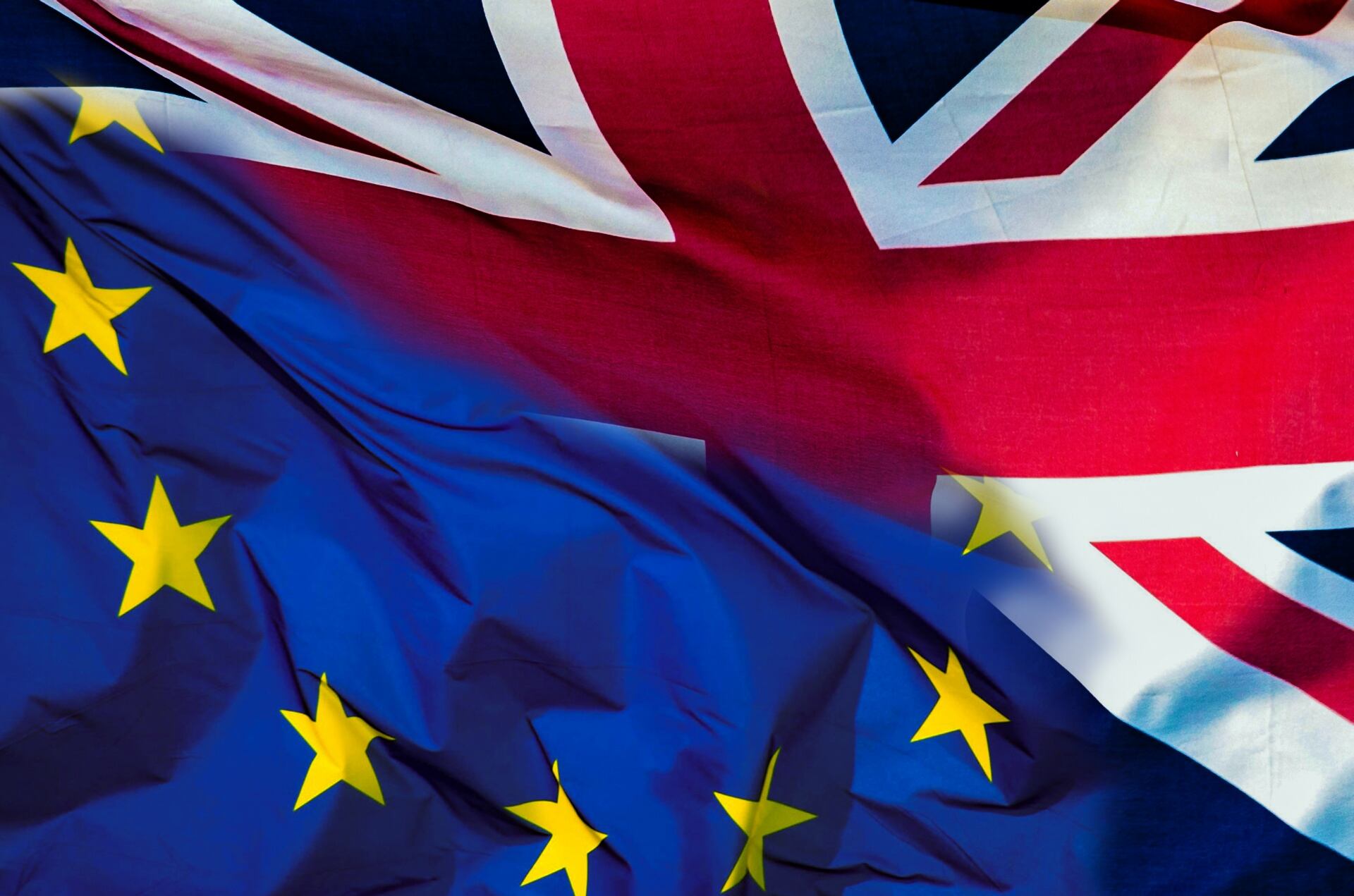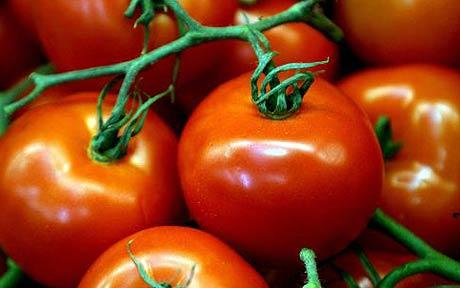Prime Minister Rishi Sunak was described on BBC Radio 4’s Today programme as contrasting with his predecessor Boris Johnson in that he underpromises and overdelivers. The Windsor Framework seems like a case in point.
Not only does the detail appear sound, so does the careful management of the comms surrounding it. Even if some in Democratic Unionist Party and the ERG aren’t gushing with enthusiasm, the PM ostensibly won over the vast majority of his own party.
But let’s remember what happens in front of the camera is for show. What goes on behind it afterwards is where the rubber really hits the road, so what does it mean for the supply chain?
Labelling requirements
The biggest blow is the requirement for ‘not for EU’ packaging on products from GB destined solely for sale in NI. Yet even here, the punch has been pulled. The Government has explicitly promised transitional funding to support labelling changes.
The labelling requirements will also be introduced on a phased basis, starting with dairy and chilled meat products from 1st October this year. From October 2024, they will be extended to include all other dairy products, such as UHT milk and butter. Composite products, fruit vegetables and fish would follow suit from July 2025. That’s still a tight schedule, so we don’t need unexpected roadblocks, but it’s not quite the single cliff-edge nightmare we have grown accustomed to over the past few years.
Producers of all goods so labelled, provided they are part of the UK Internal Market Scheme, could pass through the ‘green lane’ system tariff-free, avoiding physical checks in most cases. Businesses also won’t need NI premises to engage in such trading, as they would have done under the previous version of the Northern Ireland Protocol.
Moreover, the onus is on simplifying systems using digital data sharing and a trusted trader model, where low risk, known businesses face few trade barriers. There would be no need for customs commodity codes for every movement and no rules of origin requirements. There would be no need for individual certification for each product type on consignments – just one certificate for the whole load.
Easing doubts
Traders unsure where their goods would end up would access a tariff reimbursement scheme when they show goods did not ultimately enter the EU.
The sword of Damocles has also been removed from GB chilled meat products, from minced meat to sausages, which could be sold freely in NI outlets.
Aspects remain unclear. Goods heading for Ireland and the rest of the EU will still be subject to full EU checks and controls, requiring some border control post infrastructure in NI. And rules for foods with multiple origin components are more complex.
The practicalities of digital data sharing and the mechanism for supporting businesses through the packaging changes need a lot of work. And elsewhere Brexit is still not done. Big problems remain over issues such as triangular trade and the proposed shape of the much-anticipated Target Operating Model for UK border control.
Still, on the surface it sounds like the next line we’ll hear will be ‘and they all lived happily ever after’. There must be something we’re missing …




